Customer Service Hall of Shame
August 24, 2017 by Sam StebbinsOne of the most important aspects of doing business for almost any company is customer service. A bad reputation can undermine customer confidence, and in some cases doom a business. Though nearly every major U.S. company claims to prioritize customers’ needs, many fall well short of expectations.
While companies are ultimately accountable for the level of service they provide, their customers’ perceptions are subject to factors that are often outside a company’s control. Companies can suffer if they operate in a less reputable industry, even if they offer decent service. On the other hand, customers might be willing to forgive some mishaps if an industry is better perceived.
24/7 Wall St. commissioned a survey from polling group Zogby Analytics to identify the companies with the most dissatisfied customers. For 12 of the 151 companies considered in the survey, at least 15% of respondents reported a “poor” service experience with the company.
Click here to see the 12 companies in the customer service hall of shame.
Click here to see the 13 companies in the customer service hall of fame.
Click here to see our detailed findings and methodology.
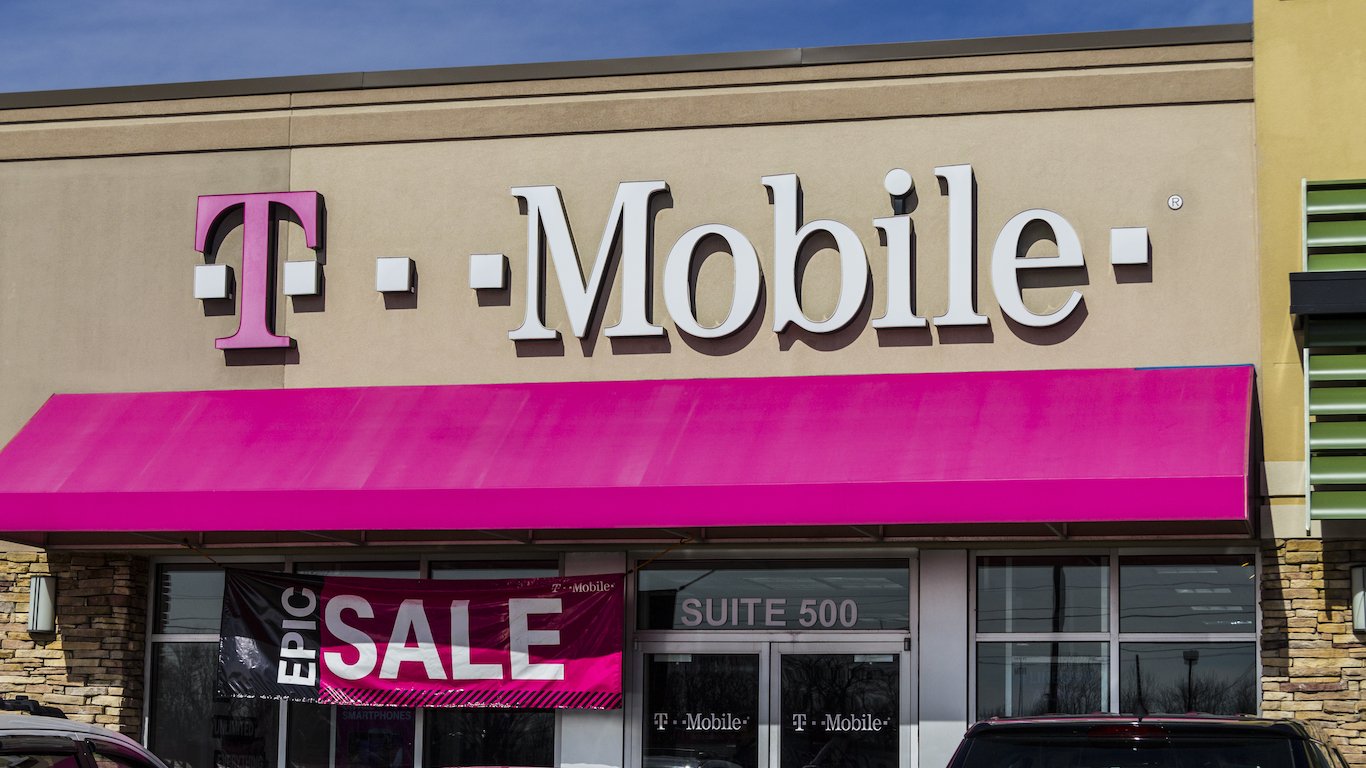
12. T-Mobile
> Pct. “poor” ratings: 15.7%
> Revenue: $37.2 billion
> Industry: Mobile telephone company
T-Mobile, one of the big four wireless companies, is fighting an uphill battle against Verizon and AT&T. In an attempt to jumpstart the company’s brand, T-Mobile hired John Legere as CEO in 2012. Legere has made a name for himself as someone who aggressively calls out competitors on social media and speaks his mind — obscenities and all — in public. With close to 4.5 million followers, Legere’s social media following dwarfs that of his employer. T-mobile has about 920,000.
The company’s product, however, may leave something to be desired. According to the most recent report by cell service analysis company RootMetrics, T-Mobile lags behind all of its major competitors in measures of overall service, reliability, calling, and texting.
[in-text-ad]
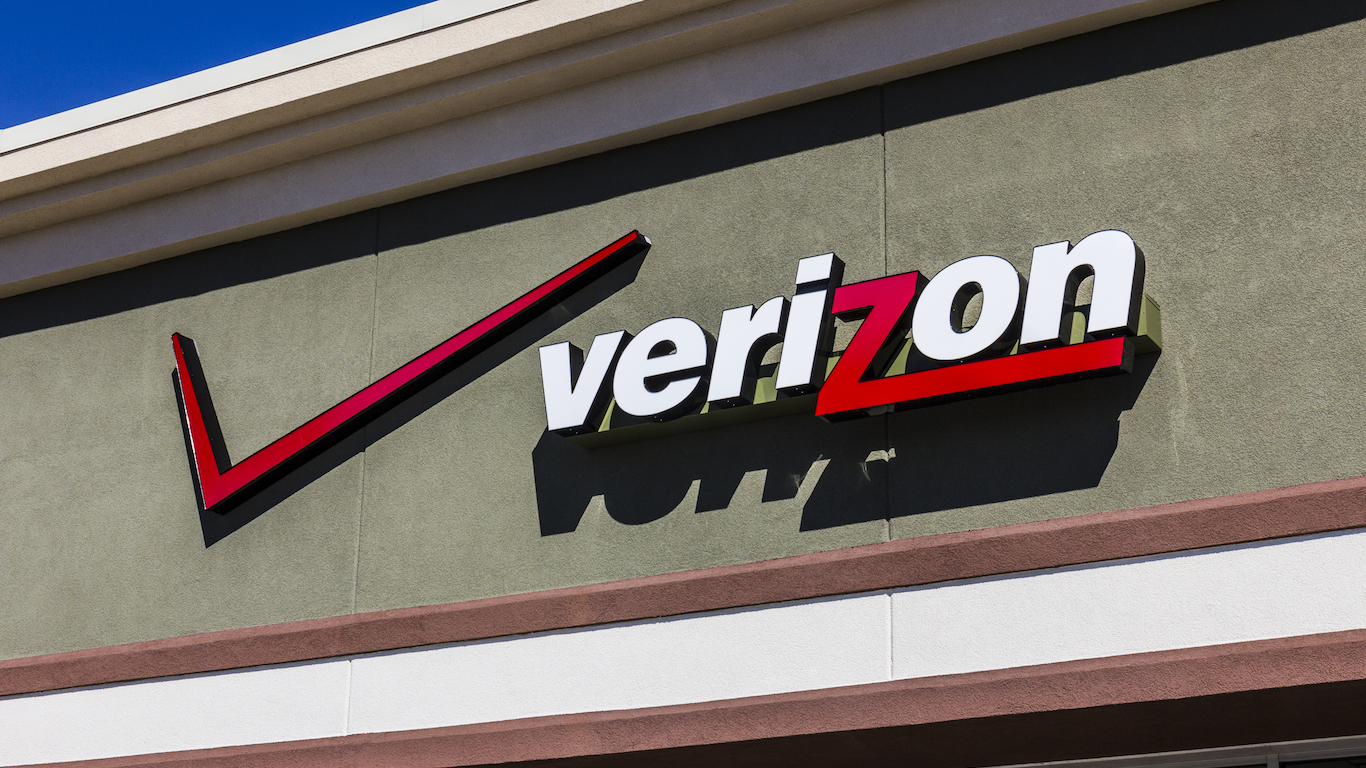
11. Verizon Fios
> Pct. “poor” ratings: 16.2%
> Revenue: $126.0 billion
> Industry: Cable/satellite TV company
Verizon Communications began to offer its bundle internet, phone, and television service, Fios, to customers in 2005. Today, the fiber optic service serves over 6 million customers in the United States. Despite its popularity, 16.2% of survey respondents rate the company’s service as poor. While Verizon has one of the largest shares of negative reviews of any company, competitors AT&T and Sprint received even larger shares of negative reviews, at 19.7% and 20.1%, respectively. In New York, Verizon garnered negative attention after reports surfaced in 2015 the company had overcharged customers in the state. The company also failed to make good on a commitment to make high-speed internet available to all New York City households and was sued by the city in March 2017.
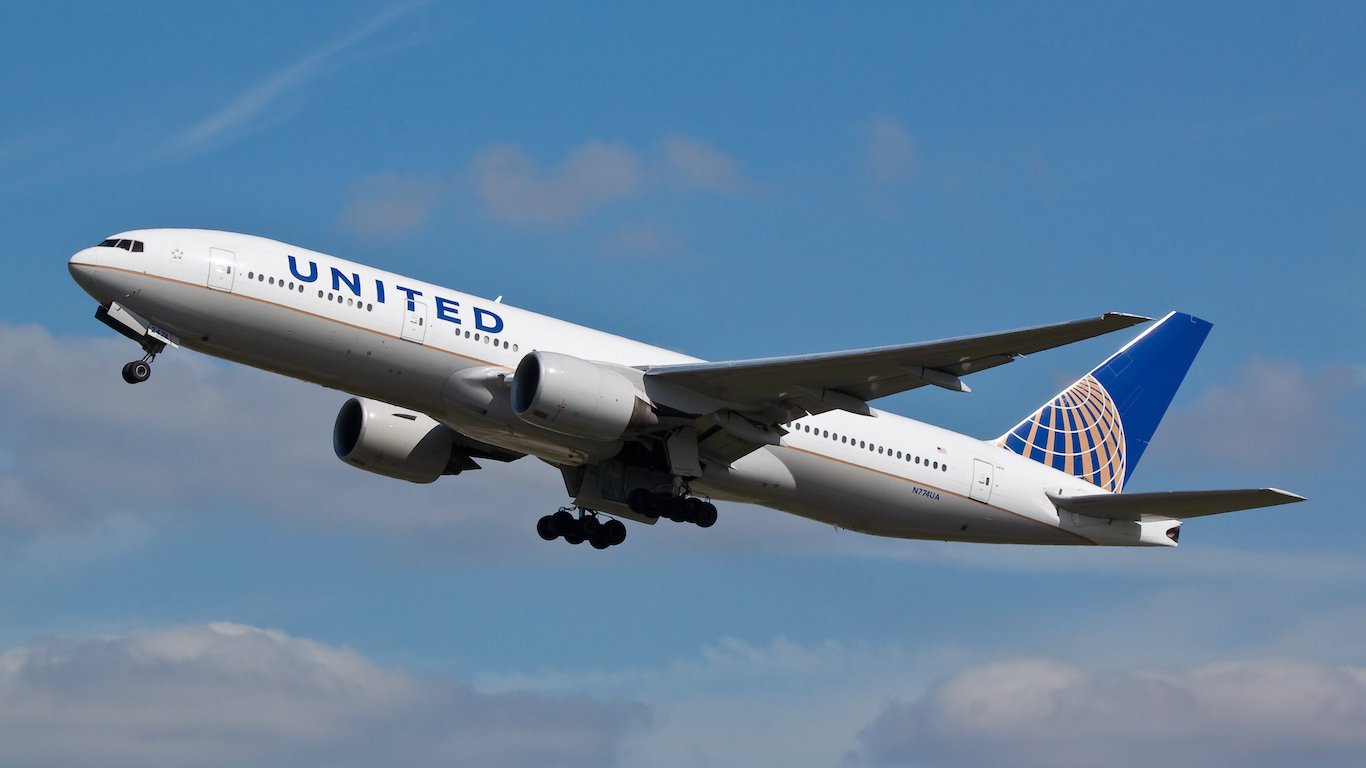
10. United Airlines
> Pct. “poor” ratings: 16.3%
> Revenue: $36.6 billion
> Industry: Airline
United Airlines has the worst rating of any airline in this survey other than Spirit. Public opinion of the company took a dive in April 2017, when a video of a passenger being violently removed from an overbooked flight went viral. CEO Oscar Munoz further sullied the company’s image when he initially blamed the passenger for the incident, failing to issue an apology until his third statement to the press. The negative press likely influenced consumers’ impressions of the company’s customer service. Of those polled by Zogby,16.3% reported a poor experience with the company nearly double the 8.2% share one year ago. In numerous online forums that have surfaced since the incident, customers have shared stories of similar mistreatment by United Airlines employees.
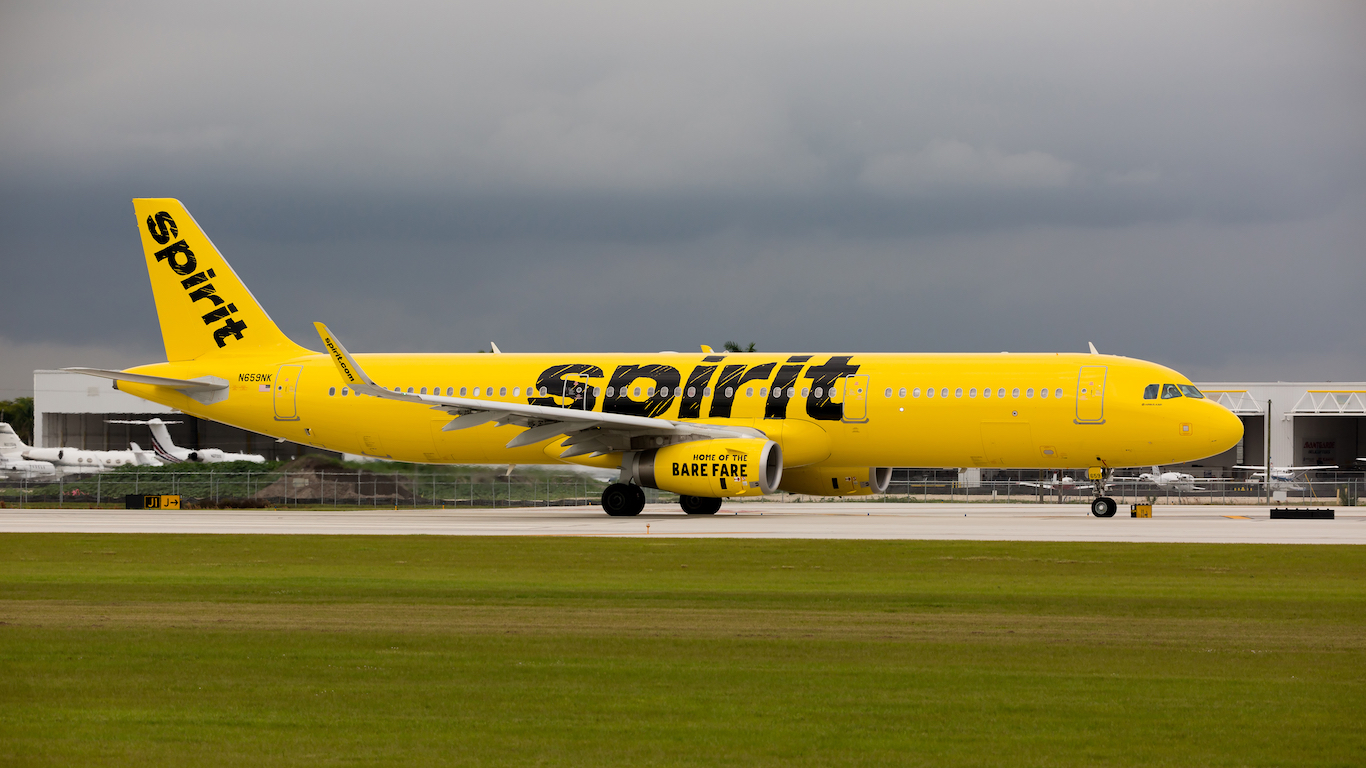
9. Spirit
> Pct. “poor” ratings: 16.4%
> Revenue: $2.3 billion
> Industry: Airline
In the airline industry, providing superlative customer service can be expensive. Food, legroom, and additional flight attendants can narrow an airline’s profit margin, and some budget airlines choose to forego customer service expenses in order to offer cheaper tickets. Spirit Airlines is one such ultra low-cost carrier, offering inexpensive flights while charging additional fees for printed boarding passes, water, and carry-on luggage. Some 16.4% of survey respondents rate their experience with Spirit Airlines as poor, the largest share of any major passenger airline.
In 2015, Spirit customers filed complaints with the U.S. Department of Transportation at more than five times the rate of the average airline. Despite the negative reviews, Spirit is one of the fastest growing and most profitable airlines in the United States. The company plans on expanding its fleet from 80 planes as of 2015 to 144 by the end of 2021.
[in-text-ad]
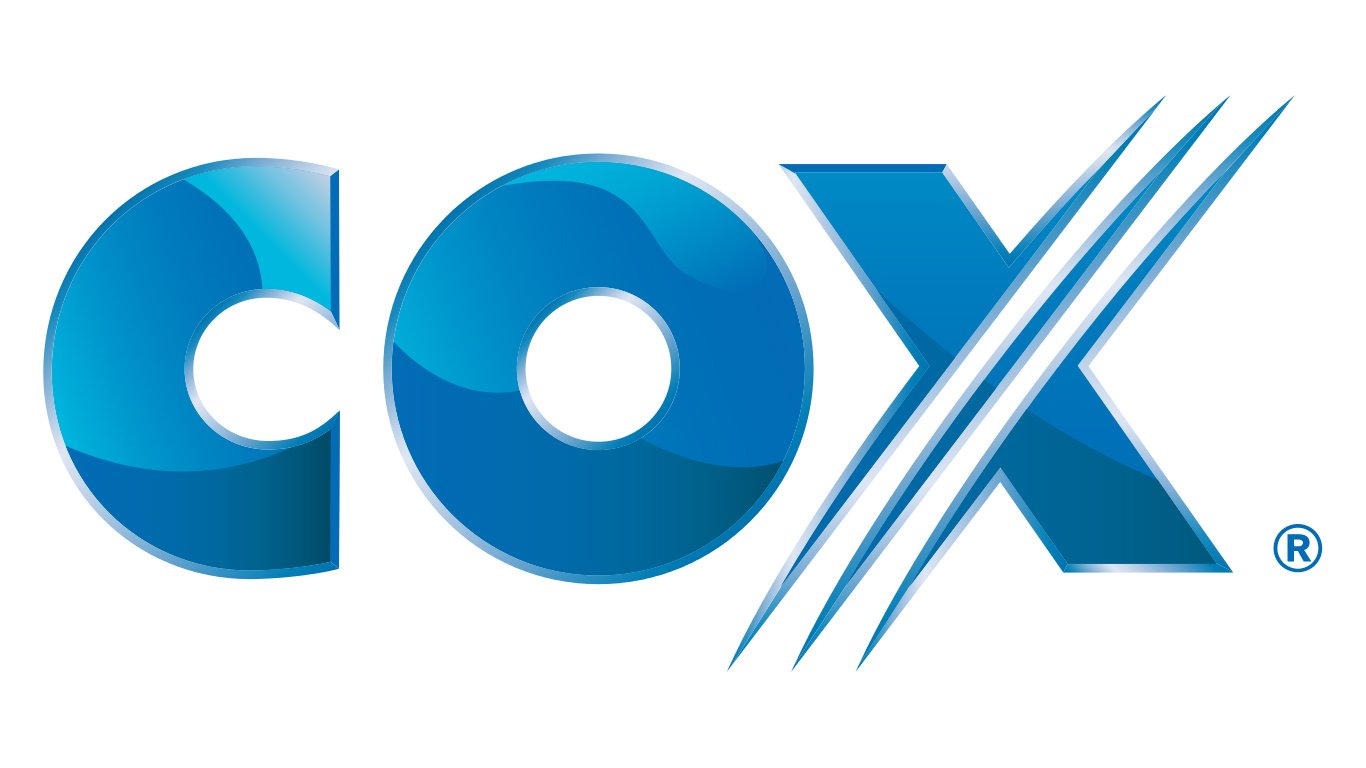
8. Cox Communications
> Pct. “poor” ratings: 16.5%
> Revenue: $20.0 billion
> Industry: Cable/satellite TV company
Since 24/7 Wall St. began releasing this survey, cable services has been one of the industries with the greatest representation on the Customer Service Hall of Shame. The industry’s customers disparage spotty service, inconvenient maintenance scheduling, and less than enthusiastic employees.
Due in part to its competition with online streaming services, the industry has been consolidating over the years. While companies like Comcast have been on the Hall of Shame since it was first released eight years ago, this is the first time Cox Communications has made the list. Nearly 40% of those surveyed in our poll had a negative experience with Cox, a broadband cable company which services over 6 million American homes in 18 states.
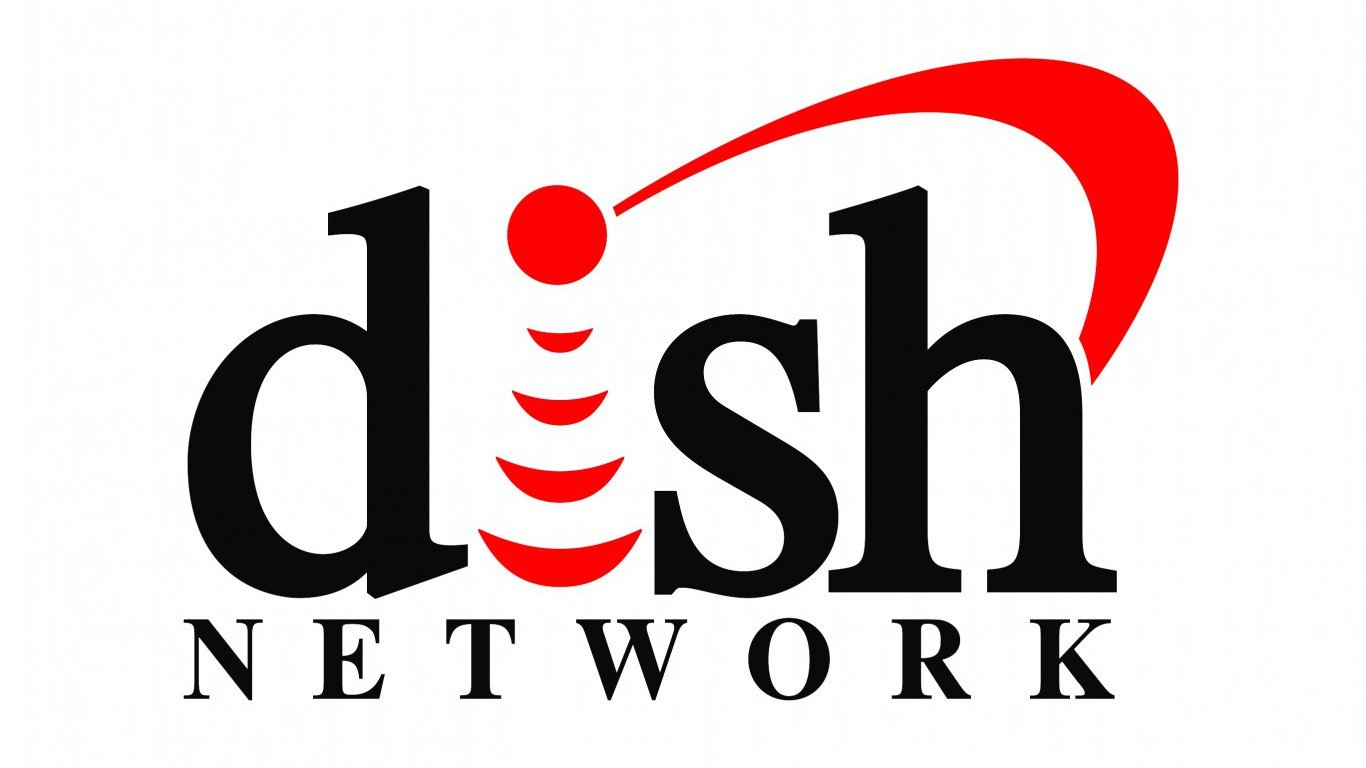
7. DISH Network
> Pct. “poor” ratings: 17.6%
> Revenue: $15.1 billion
> Industry: Cable/satellite TV company
Some 44% of survey respondents reported an overall negative customer service experience with DISH Network, the fourth highest share of any company reviewed. DISH is one of several cable or internet service providers to rank among the companies with the worst customer service reputations. Poor customer service can often be the result of low employee morale, and DISH Network has an average rating of only 2.6 out of 5 stars on employee review site Glassdoor — well below the 3.3 star average across all companies.
The company’s poor public perception likely undermines investor confidence. In the last two years, the company’s share price has remained effectively flat — considerably underperforming the Dow Jones Industrial Average’s 39% climb and the S&P 500 index’s 31% increase.

6. DIRECTV
> Pct. “poor” ratings: 19.5%
> Revenue: $163.8 billion (AT&T)
> Industry: Cable/satellite TV company
Acquired by AT&T in 2015, satellite tv service DIRECTV is the largest pay television service in the United States. It is also one of a few AT&T properties to rank among the companies with the worst customer service. Many customers complain that satellite reception cuts out, sometimes during storms and sometimes without explanation. Customers also complain about long hold times to resolve relatively simple issues over the phone.
Happy employees often translate to happy customers, and according to employee review site Glassdoor, only 61% of AT&T employees would recommend a job with the company to a friend. The share among the DIRECTV division is likely far lower, as before it was taken over by AT&T, only 53% of DIRECTV employees would recommend a job with the company to a friend.
[in-text-ad]

5. AT&T
> Pct. “poor” ratings: 19.7%
> Revenue: $163.8 billion
> Industry: Mobile telephone company
Both AT&T’s cellular phone service branch and U-verse, its fiber-optic television service, rank among the companies with the worst customer service. For each service, nearly 1 in every 5 survey respondents rated their experience with the company as poor. Television and internet service providers are notorious among American consumers for their poor service, from inadequate call centers to providing customers with a window of time for home visits that spans several hours and often forces them to take time off work. AT&T’s U-verse does both.
Meanwhile, according to the most recent report by cell service analysis company RootMetrics, AT&T lags behind competitor Verizon in measures of overall service, reliability, speed, data, calling, and texting.
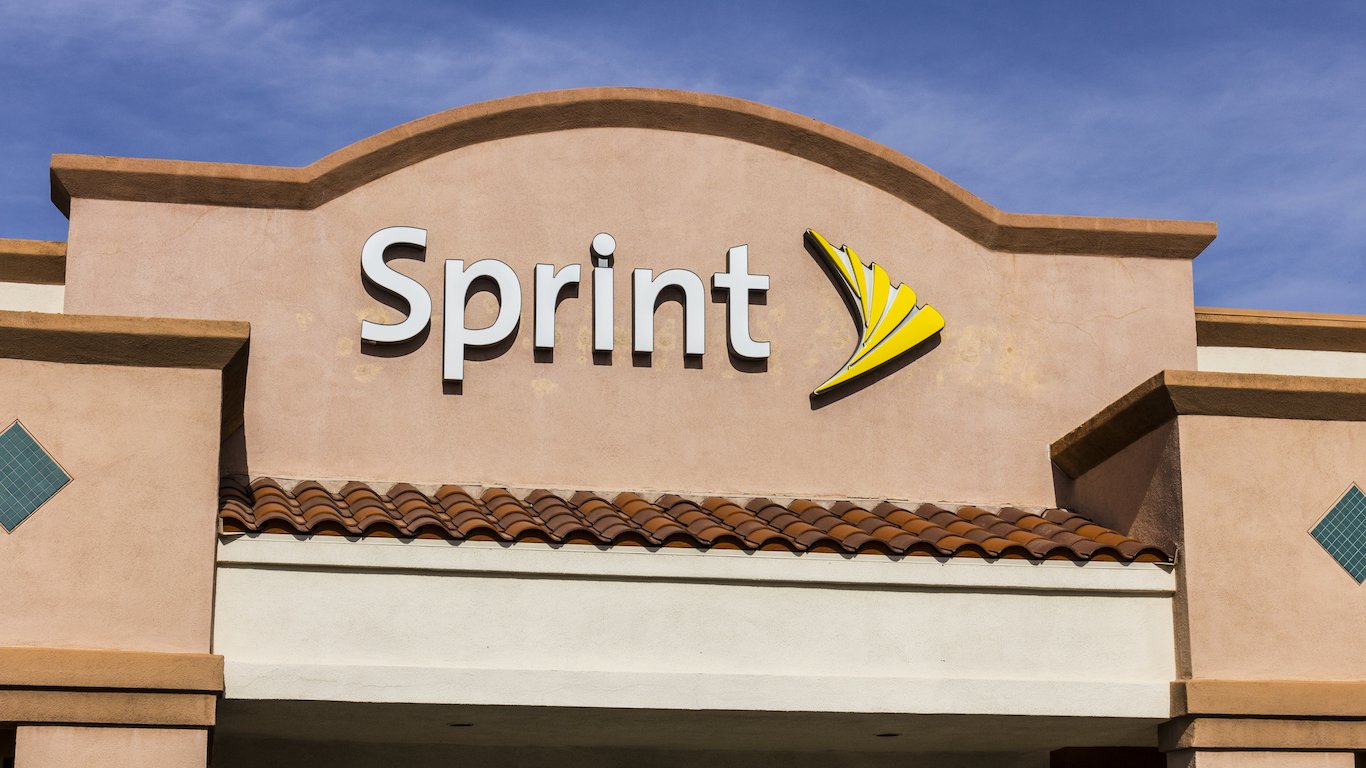
4. Sprint
> Pct. “poor” ratings: 20.6%
> Revenue: $33.3 billion
> Industry: Mobile telephone company
More than 1 in 5 surveyed Sprint customers rate the company’s service as poor, the largest share of any major wireless carrier and the fourth largest share of any large company overall. Low customer satisfaction may limit the number of Sprint subscribers and hurt the company’s bottom line. While Sprint is the fourth largest U.S. wireless carrier with 52.7 million subscribers, Verizon — the best rated of the big four wireless carriers in customer service — is the largest, with 147.2 million subscribers.
While Sprint has the worst customer satisfaction rating of any wireless provider, the company is slightly improved from last year, when 1 in 4 customers rated Sprint’s service as poor.

3. Wells Fargo
> Pct. “poor” ratings: 21.1%
> Revenue: $94.2 billion
> Industry: Banking
The third largest bank in the United States by total assets, Wells Fargo is one of several financial institutions on the Hall of Shame that received billions of dollars in federal bailout money during the financial crisis. While many might still hold the near decade-old failure against the San Francisco-based bank, Wells Fargo has been in hot water much more recently.
Wells Fargo made headlines yet again in September 2016 when the Consumer Financial Protection Bureau fined the bank $185 million for opening some 2 million accounts without customers’ knowledge and consent between 2011 and 2015. In the following weeks, the FBI opened an investigation into the matter, and CEO John Stumpf was called before congress to testify. Ultimately, Stumpf was forced to resign. The bank remains under scrutiny from lawmakers for fraudulent business practices. About 1 in every 5 consumers surveyed reported a poor customer service experience with the bank.
[in-text-ad]

2. Bank of America
> Pct. “poor” ratings: 23.1%
> Revenue: $93.7 billion
> Industry: Banking
As one of America’s largest banks, Bank of America played a role in the events leading to the financial crisis. Despite this, it received one of the largest federal bailouts — $45 billion in taxpayer money. Though the financial crisis is now nearly a decade in the past, banks still dominate the list of companies with the worst customer service.
This year, both Bank of America’s primary business and its credit card department made the Customer Service Hall of Shame with 23% and 19% of survey respondents reporting a poor experience, respectively. While this point might be controversial, customer service expert Shep Hyken argued that financial institutions must grapple with compliance laws more than most other industries, and as a result are often prevented from providing the level of service many customers may expect.

1. Comcast
> Pct. “poor” ratings: 25.6%
> Revenue: $80.4 billion
> Industry: Cable/satellite TV company
More than 1 in 4 surveyed customers rate Comcast’s service as poor, the largest share of any company. More than 12,000 consumers filed complaints about Comcast with the FCC in 2015, about twice the the combined total complaints about AT&T, Verizon, and Time Warner Cable that year. After more than 1,000 Comcast subscribers complained to the FCC about being charged for cable TV services and equipment they never ordered, the regulatory agency ordered the company to pay a $2.3 million fine — the largest ever levied against a cable operator. In addition to overbilling, the company was the subject of frequent complaints concerning its status as a monopoly, slow internet, and poor service overall. Many customers attribute their dissatisfaction to the company’s policy of data capping — meaning often unsuspecting customers are charged extra for using more than a set amount of data.
Detailed Findings
Poor customer service reputations tend to be heavily concentrated in certain industries. For example, of the 12 companies on this list, half are cable or satellite television service providers.
In an interview with 24/7 Wall St., Praveen Kopalle, associate dean for Dartmouth’s Tuck School of Business’ MBA program, explained why customers tend to be dissatisfied with this industry.
When it comes to cable companies, customers have a value equation in mind — the services provided by the company minus the cost. “That plays into satisfaction, because in the case of these [cable] companies, the quality of the service is not on par with what you’re paying,” Kopalle explained. Indeed, many Americans are paying hundreds of dollars a month for cable television, while video streaming companies like Netflix are offering a similar product for a fraction of the cost.
Scandal and public relations disasters can also hurt consumers’ perceptions of a company’s service. Two companies on this list have made headlines in recent months — Wells Fargo for creating millions of fraudulent accounts and United Airlines for violently removing a passenger from an overbooked flight. Though both companies made efforts to remedy their image, an unusually large share of consumers give them poor marks for customer service.
In these cases, the company’s reputation is almost certainly having an impact on customer satisfaction, explained customer service expert Shep Hyken.
Generally speaking, perceptions of customer service are also closely tied to expectations. With every transaction, the customer is receiving the actual product and also the experience that goes with it. Tied to each piece of the transaction is a set of expectations on the customer side. Perceptions of bad customer service are typically little more than “the difference between the expectations for the product and the actual product, and the difference between the expectation for service and the actual service,” Kopalle said.
Methodology
24/7 Wall St. commissioned polling company Zogby Analytics to conduct an online national survey in which more than 1,500 randomly chosen respondents rated customer service at 151 of the best-known companies in the country. Seventeen industries are represented in the study.
Respondents were asked to evaluate customer service quality as “excellent,” “good,” “fair,” or “poor.”
When a company with multiple divisions scored as one of the best or worst for customer satisfaction, the company was only listed once in our rank. Companies with the same parent company but different branding were listed separately. For example, YouTube and Google each appear on our list, even though they are both owned by Alphabet. Meanwhile, AT&T and AT&T U-verse were combined into a single entry.
The 12 companies with the highest percentage of “poor” responses comprise our Customer Service Hall of Shame. Using the same methodology, the 13 companies with the highest percentage of “excellent” responses comprise our Customer Service Hall of Fame.
Take This Retirement Quiz To Get Matched With A Financial Advisor (Sponsored)
Take the quiz below to get matched with a financial advisor today.
Each advisor has been vetted by SmartAsset and is held to a fiduciary standard to act in your best interests.
Here’s how it works:
1. Answer SmartAsset advisor match quiz
2. Review your pre-screened matches at your leisure. Check out the
advisors’ profiles.
3. Speak with advisors at no cost to you. Have an introductory call on the phone or introduction in person and choose whom to work with in the future
Take the retirement quiz right here.
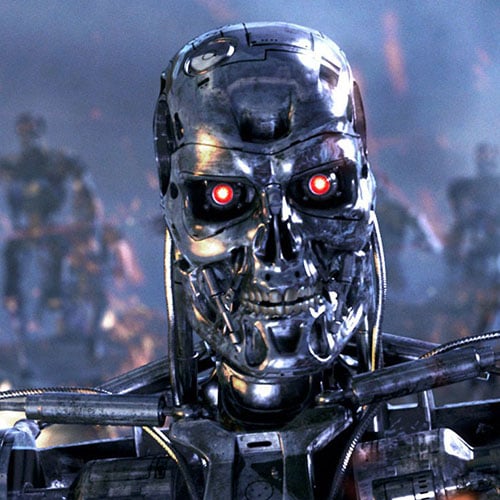 24/7 Wall St.
24/7 Wall St.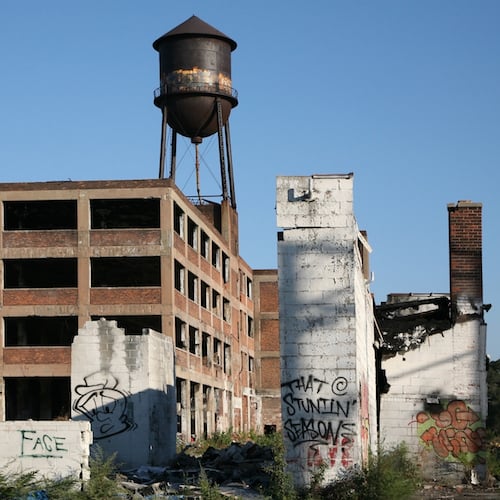 24/7 Wall St.
24/7 Wall St.